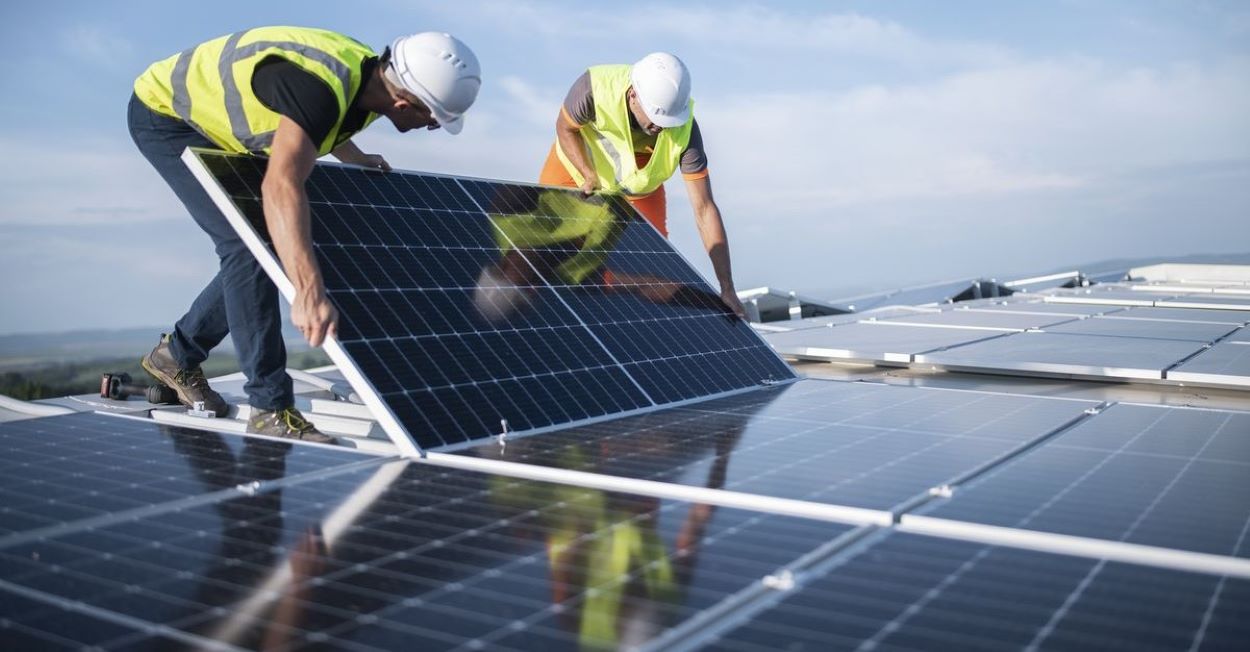Pakistan’s Federal Budget 2025-26, presented by Finance Minister Muhammad Aurangzeb on June 10, 2025, introduces a range of new taxes targeting solar panels, luxury goods, and e-commerce. With a total outlay of Rs 17.57 trillion and a GDP growth target of 4.2%, the budget balances revenue generation with relief measures under IMF guidelines.
A controversial 18% sales tax on imported solar panels has sparked widespread discussion. Aurangzeb defended the measure, stating it aims to bolster local solar manufacturing. However, critics argue it could raise solar system prices by up to 20%, slowing Pakistan’s clean energy transition. The country’s net metering capacity reached 2,813 MW by March 31, 2025, reflecting a solar boom that may now face hurdles.
The budget expands the luxury goods tax net, imposing a 25% sales tax on high-end items and an 18% GST on various consumer products, including:
- Vehicles (850cc and above)
- Petroleum products
- Juices, beverages, carbonated water, and mineral water
- Pet food for dogs and cats
- Imported chocolates, coffee, and cereal bars
These taxes aim to boost revenue but are likely to increase consumer prices, particularly for non-essential goods.
2% Tax on E-commerce Sales
A proposed 2% tax on online sales will make e-commerce transactions costlier, affecting platforms and consumers alike. This measure, part of a broader effort to document the economy, aligns with IMF recommendations to curb tax evasion and expand the tax base. The tax will be collected by payment gateways and courier services, potentially impacting digital businesses and shoppers.
Read: Pakistan Finance Bill 2025-26: New E-commerce and Digital Taxes
Despite the tax hikes, the budget offers relief for the salaried class, including a 10% salary increase and a 5–7.5% pension hike for government employees. Federal expenditure has been cut by 7%, reflecting fiscal discipline. The Rs 17.57 trillion budget sets a 4.2% GDP growth target to stabilise Pakistan’s economy under IMF oversight.
The solar panel tax has drawn criticism for potentially hindering renewable energy adoption, especially as Pakistan aims for 30% alternative energy by 2030. Higher luxury goods and e-commerce taxes may curb consumer spending, while relief measures aim to ease inflation’s impact. The budget’s success hinges on balancing revenue goals with economic growth and sustainability.
Read: Pakistan Finance Bill 2025-26: Tax Hikes and Relief Measures
Pakistan’s 2025-26 budget, unveiled on June 10, 2025, introduces bold tax measures on solar panels, luxury goods, and online sales to meet IMF revenue targets. While aimed at boosting local industries and fiscal stability, the taxes raise concerns about rising costs and clean energy access. As debates unfold in the National Assembly, the budget’s impact on Pakistan’s economy and environment remains a critical focus.






